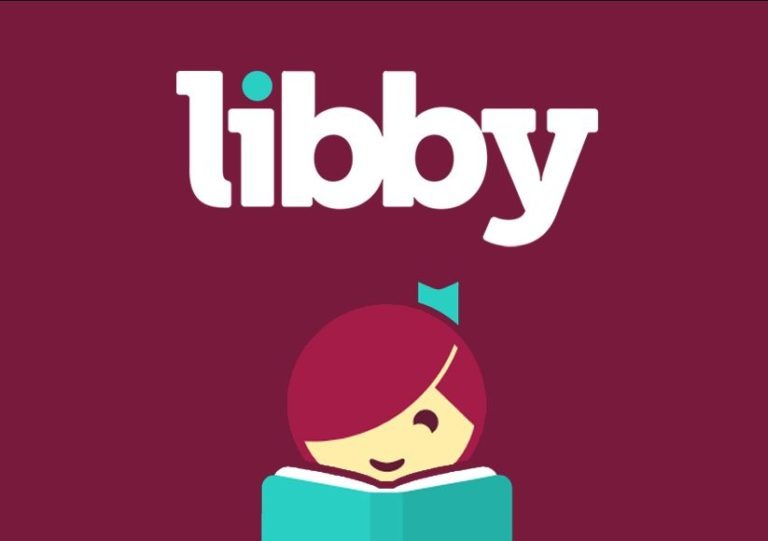

Consider a CDĪ certificate of deposit (CD) is a time deposit that pays a fixed interest rate for a set period (aka the "term"). If you have a workplace retirement saving plan, contribute enough to take full advantage of your employer's match (aka free money). Set up direct deposit to transfer part of your paycheck into your savings account or IRA - or automate regular transfers from your checking account into your savings. One of the best tips for saving money is to make it automatic. Either way, the sooner you pay down your debt, the more cash you'll have in your budget to spend, save, or invest. Alternatively, the snowball method prioritizes your smallest debts. One option is the avalanche method, where you pay off your highest-interest debts first. Interest charges can cost hundreds of dollars a month, so it pays to tackle your debt ASAP. If you no longer feel passionate about the item or haven't even thought about it in days, odds are you can do without it. Instead of buying something on the spot, wait a few days (or so) and revisit the idea. Here's a trick for avoiding impulse spending. Your needs should always get top priority in your budget plan accordingly to avoid overspending on wants.

Wants are items or experiences you'd like to have but don't need for survival. Needs are things required to survive, like food, shelter, and essential clothing (many experts also consider an emergency fund a need). Either way, a challenge can be a fun (and effective) way to boost your savings. Some challenges focus on stashing money, while others take a limit-your-spending approach. A money-saving challenge gamifies the task - it can also unleash your competitive spirit and boost your motivation along the way. Saving can feel like a burden, but there are ways to make it less painful. Estimate how much you'll need for each goal and build it into your budget. Long-term goals might be a home down payment, remodeling project, college fund, or retirement savings.

Common short-term goals include travel funds, car down payments, and emergency funds (three to nine months of living expenses). One of the best ways to save money is to set short-term and long-term savings goals.

In the future, set reminders to cancel those trials on time. Cancel subscriptions and memberships you no longer use, and watch out for free trials that have rolled into monthly charges. Make a budget so you know what comes in each month, how much goes out, and what you could do differently (like minimizing restaurant spending). Saving is exponentially more challenging if you don't know where your money goes.


 0 kommentar(er)
0 kommentar(er)
